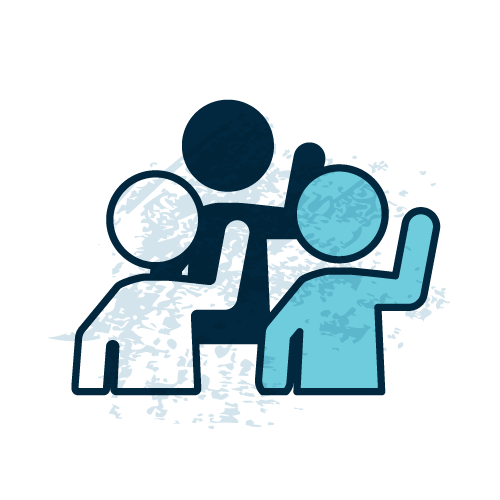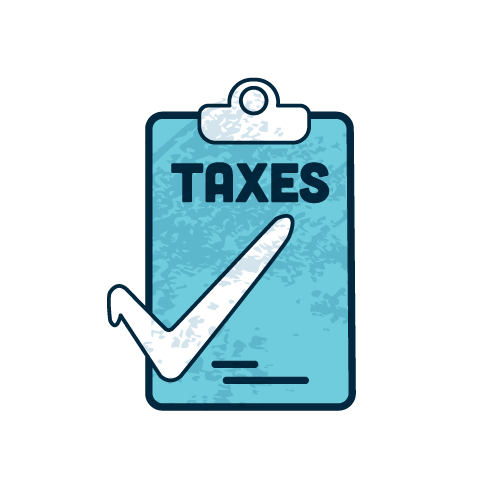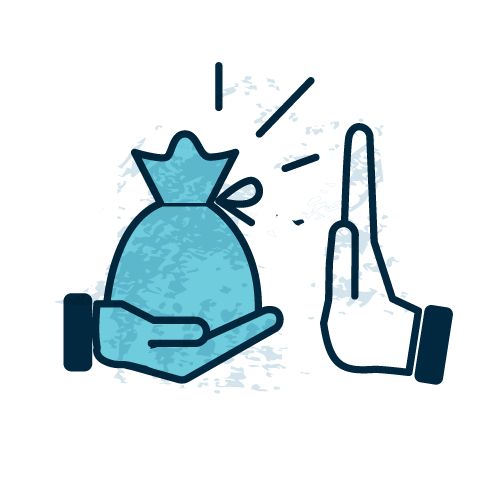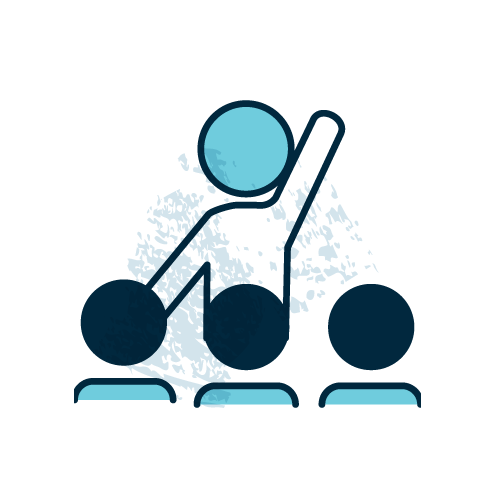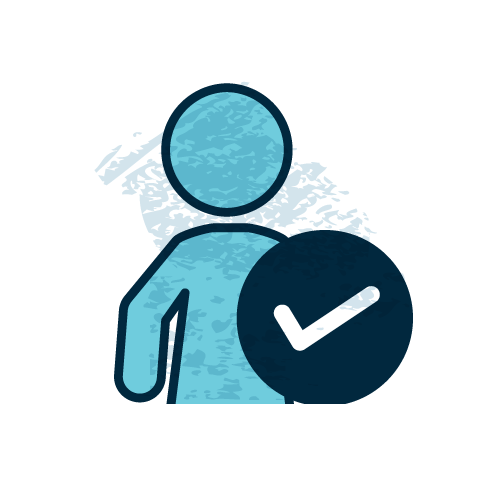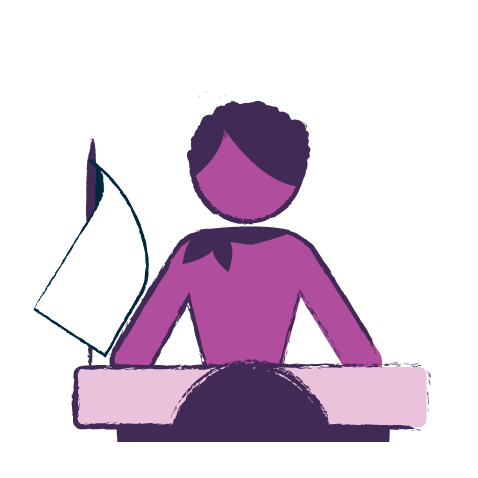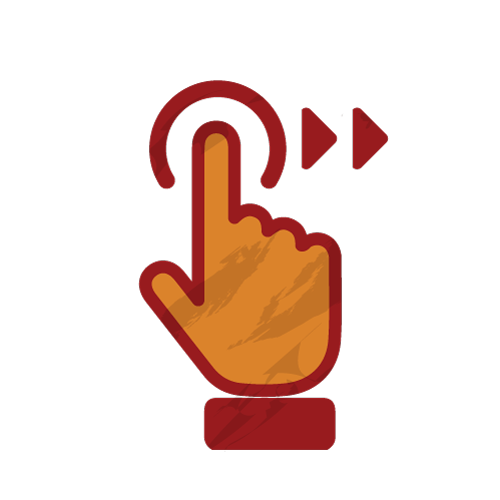
Take Charge of
Your Citizenship
Kenya is a country because of its people. It exists because we exist. Being an active citizen is part and parcel of being a Kenyan. You already do it everyday, when you buy things, use public roads, pay taxes, go to the hospital, vote. Almost everything you do everyday means that you are already exercising your rights as a Kenyan.
There is still a lot more you can do.
Being a citizen is more than just being legally recognised as one. A citizen has rights, clearly defined in the constitution. A citizen also has duties and responsibilities to not only protect and defend their own rights, but also those of everyone else in the community.
An active citizen cares about the country, about its politics, its elections, working conditions, taxation policies, and so much more.

